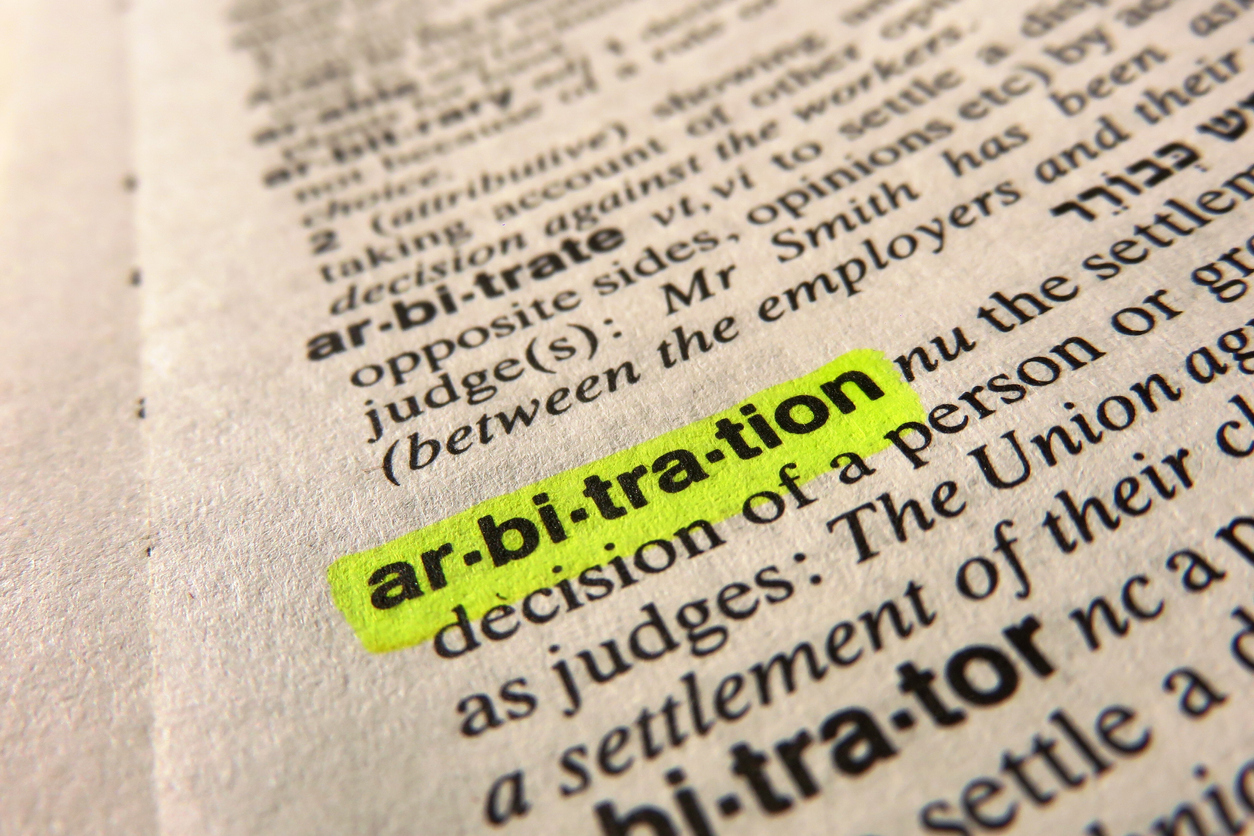As an attorney who has dedicated my career to representing policyholders, I’ve witnessed firsthand the challenges faced by Florida homeowners, businesses, condominium associations, and even government entities in the wake of natural disasters. However, recent developments in Florida’s handling of insurance company fraud allegations have raised serious concerns about the efficacy of our regulatory bodies and the potential erosion of public trust in our elected officials. And, as if the situation weren’t concerning enough, recent interactions with the Department of Financial Services (DFS) have added an element of absurdity to this already troubling narrative.
The Whistleblower Dilemma
In December 2022, three independent claims adjusters testified before the Florida legislature, alleging that several insurance companies had systematically altered damage estimates on windstorm and hurricane claims, effectively underpaying policyholders. This testimony should have triggered immediate and thorough investigations by the Florida Department of Financial Services (DFS). Instead, what followed was a troubling pattern of delays, inconsistencies, and, frankly, incompetence.
Two of these adjusters reported that they had not been contacted by anyone from the DFS or any governmental investigative body despite providing substantial evidence to support their claims. This lack of follow-up is not just a bureaucratic oversight; it represents a fundamental failure in the state’s responsibility to protect its citizens from potential fraud.
A Pattern of Inaction (and Confusion)
The case of Rod Buvens, an adjuster who reported similar allegations against United Property and Casualty (UPC) in 2019, further illustrates this pattern. Buvens’ complaint, filed with the DFS in 2021, was dismissed without even an interview. Since then, at least seven other adjusters have come forward with comparable allegations, suggesting a systemic issue that demands immediate attention.
In a twist that would be comical if it weren’t so concerning, I found myself in the position of having to provide the DFS investigators with the whistleblowers’ cell phone numbers. The DFS said they could not find the whistleblowers. I wrote a post, Are Florida’s Department of Financial Service Investigators Competent or Simply Refusing to Investigate Alleged Insurance Company, with a picture of me with two of the whistleblowers and published their cell phone numbers. It seems that despite having access to these individuals’ sworn testimony and contact information, the DFS was unable to perform even this basic investigative task. One must wonder: if locating a phone number is beyond their capabilities, how can we trust them to unravel complex insurance fraud schemes? Or is somebody preventing the investigators from doing a prompt and thorough investigation?
The Role of the DFS (When They’re Not Chasing Phantoms)
The Florida Department of Financial Services, led by Chief Financial Officer Jimmy Patronis, plays a crucial role in investigating insurance fraud claims. However, the department’s handling of these recent allegations raises questions about its commitment to this responsibility – and its basic competence.
In a moment of unintentional comedy that would be hilarious if it weren’t so alarming, the Chief of the Bureau of Investigation for the Division of Insurance Agent & Agency Services filed a Bar complaint against me, alleging that I don’t have a Florida license to practice law. As someone who has been a member of the Florida Bar since 1983 and has been practicing insurance law in this state for four decades, I found this accusation both baffling and deeply concerning. Were they out to get me, or is this just an example of incompetence in its ability to investigate, as I wrote in Chip Merlin Busted By Florida Insurance Investigators!
The Impact on Public Trust
The slow response to serious allegations, coupled with these displays of investigative ineptitude, has far-reaching implications for public trust in both the DFS and our elected officials. When consumers perceive that their complaints are not being adequately addressed – or worse, that the government officials responsible for addressing them are fumbling even the most basic tasks – it erodes confidence in the very institutions designed to protect them.
Florida news stations like WINK News and CBS News Miami have been covering issues related to Florida’s insurance industry, including the lack of results from investigations into fraud and misconduct. For example, WINK News reported on CFO Jimmy Patronis responding to their property insurance investigation in February 2024 with more promises but no results.
In Florida Regulators Warned of Insurance Company Manipulations Years Ago, the Tampa Bay Times reported that state investigators quickly dismissed a complaint about United Property and Casualty (UPC) in 2021 without interviewing the whistleblower. At least seven other adjusters have come forward with similar allegations since then, suggesting a pattern of slow or inadequate investigations from regulators.
The media is highlighting to the public that the governmental investigatory bodies are not fully nor transparently investigating this issue with the diligence that they seem to do with other matters of a higher political priority. This certainly leads to skepticism towards regulatory bodies. The public questions the effectiveness and impartiality of regulatory agencies like the DFS. While voters may lose faith in elected officials who are perceived as not prioritizing consumer protection or ensuring the competence of their departments, they certainly lack confidence in the current system that oversees insurance companies. It leads to broader skepticism about the integrity of the insurance market if wrongful actors are not significantly held accountable for bad acts.
To address these concerns and rebuild public trust, several steps are necessary. The DFS must provide clear, consistent updates on the status of ongoing investigations into these allegations. A thorough review of the department’s investigative processes is needed to ensure that all complaints, regardless of the target, are handled with equal diligence and speed. Elected officials overseeing the DFS should reaffirm their commitment to consumer protection and demonstrate this commitment through concrete actions. Greater transparency is needed regarding the relationships between political figures, regulatory bodies, and the insurance industry to allay concerns about potential conflicts of interest.
As Florida continues to grapple with its property insurance crisis, it is more crucial than ever that our regulatory bodies and elected officials demonstrate their commitment to protecting consumers. The handling of these claims by the DFS and the displays of investigative incompetence represent more than just individual cases; they speak to the integrity of our entire insurance regulatory system.
When our elected officials write laws taking away private rights of action and making it nearly impossible to hold insurance companies accountable for the damage they cause from these bad faith practices, voters lose confidence in our elected leaders.
We must demand better. Florida policyholders deserve a regulatory environment that prioritizes their interests and actively works to prevent and prosecute fraud and bad faith conduct by insurance companies against them. Only through swift, thorough, and transparent investigations – conducted by competent professionals – can we hope to restore public trust and ensure that our insurance market operates fairly for all Floridians.
I am writing this as Hurricane Helene is punching Florida. Those policyholders about to make Hurricane Helene claims should be assured that there are laws that they can enforce to protect themselves when insurance companies mistreat them. They should be able to trust that their taxes will go to regulators who will be allowed to fairly and diligently hold insurance companies accountable.
We are not just preaching in the wind. I ask readers to join those of us in encouraging and supporting those whistleblowers who will speak up when claims management is acting wrongfully. We encourage readers to join entities like United Policyholders and The American Policyholder Association and support their efforts with your money and time. Support and vote for politicians who support policyholders and not those in bed with insurance lobbyists.
The path forward requires commitment, transparency, and a renewed focus on the fundamental mission of policyholder protection. And perhaps, along the way, we can hope that the DFS learns how to use a search engine effectively.
Thought For The Day
Never doubt that a small group of thoughtful, committed citizens can change the world; indeed, it’s the only thing that ever has.
—Margaret Mead




